Author & Video – Maddy Boardman
Image by Free-Photos from Pixabay
Understanding Intrusive Thoughts.
What are they? What do they mean? How do they manifest and what can we do about them?
Many clients we see in clinic report that they suffer from intrusive thoughts. Intrusive thought are characterised by unwanted thoughts that appear in our minds without any warning or invitation and are usually distressing in nature. They can often be violent or disturbing and be centered around behaviours that the sufferer finds abhorrent or unacceptable.
They can be a stand-alone issue or part of the symptomology of other mental health disorders such as PTSD, OCD or eating disorders.
On face value they are actually completely normal. Anyone can experience them, in fact most of us do experience them at some point in our lives. However, mentally healthy people can dismiss the thought as irrelevant and move on, the intrusive thought leaves little lasting impression and life continues. When we cope with intrusive thoughts in this way, we can assume we are functioning from our pre-frontal cortex, our logical, analytical mind and we are coping well with life in general.
However, if you any reason you are finding life a bit of a challenge, you may be struggling to stay in your logical, analytical mind. This happens if we are having negative thought patterns, we slip back into our primitive mind, maybe due to stress or worry. Now, our primitive mind is there for our survival, it is intrinsically negative, obsessive in nature and hyper-vigilant. What we know about people suffering from any kind of negative stress (described in clinic as bucket full stuff) is that their primitive mind is on particularly high alert, scanning for danger. When they experience an intrusive thought, they become worried or agitated about its significance. They perhaps worry that they are a terrible person for thinking this horrible thought and feel ashamed or guilty for thinking such a thing, they may even worry that they might now act upon it. Or they may think it is some kind of a message, some kind of red flag warning from their subconscious, rather than what it actually is: just a thought, just a curiosity of the brain.
The worry then kickstarts a negative and harmful cycle. The primitive part of our brain, there for our survival, is hyper-vigilant and it latches onto what it sees as a threat and keeps reminding the person suffering, with its obsessive nature, of the thought and the thought appears ‘stuck’ in their mind. What can then happen is the person alters their life, their behaviour, and normal functioning is inhibited. For example, lets imagine a person has an intrusive thought about crashing their car into a pedestrian. A healthy person may think ‘what a nasty thought, I could never do something like that’, and then get on with their day. Someone struggling with mental health might think, ‘Good lord, I am not safe to drive, I might do something awful, I don’t trust myself’. They then might start to take the bus instead, they might stop driving altogether, thus altering their behaviours and negatively impact their life.
Some people suffering in this way try to pacify or temporarily appease the cycle by completing rituals, again negatively impacting their life. This is described as obsessive-compulsive behaviour.
So how do we treat someone who is suffering from intrusive thoughts? We begin by explaining all this and helping them to understand what is going on in their brain. We help them to move back into their pre-frontal cortex, their intellectual brain. When their thoughts originate from their PFC they will able to rationalise and dismiss the thought. We remind them that disturbing thoughts don’t equate to desired actions. Just because we repeatedly have a thought doesn’t mean that is what we are hoping for, subconsciously or consciously. The thought is more of a brain curiosity. We can’t control events in our lives, we can’t control the thoughts that pop into our mind, but we can learn to control our reaction to them.
If we delve deeper into the science, we can see that a brain chemical known as GABA is responsible for inhibiting the overfiring and over stimulation of our neurons and a lack of GABA is believed to be heavily involved in intrusive thinking . The level of GABA activity is correlated with feelings of relaxation and calm. There are things we can do naturally to boost our GABA activity such as exercise and meditation, both which fall under what we call in clinic the 3 P’s – positive activity, positive interaction and positive thinking. At Old Town Hypnotherapy we use solution focus therapy and hypnotherapy to help our clients build up their 3 p’s and ultimately reconnect with a version of themselves that can dismiss intrusive thoughts and get on with enjoying life.

Other blogs you may be interested in

Bottling up Emotions: Why We Bottle Things Up – And How Solution Focused Hypnotherapy Can Help You Let Go.
Many of us bottle things up to avoid conflict or protect others—but over time, this emotional suppression can harm our mental health. Discover how Solution Focused Hypnotherapy helps you let go of what’s weighing you down.
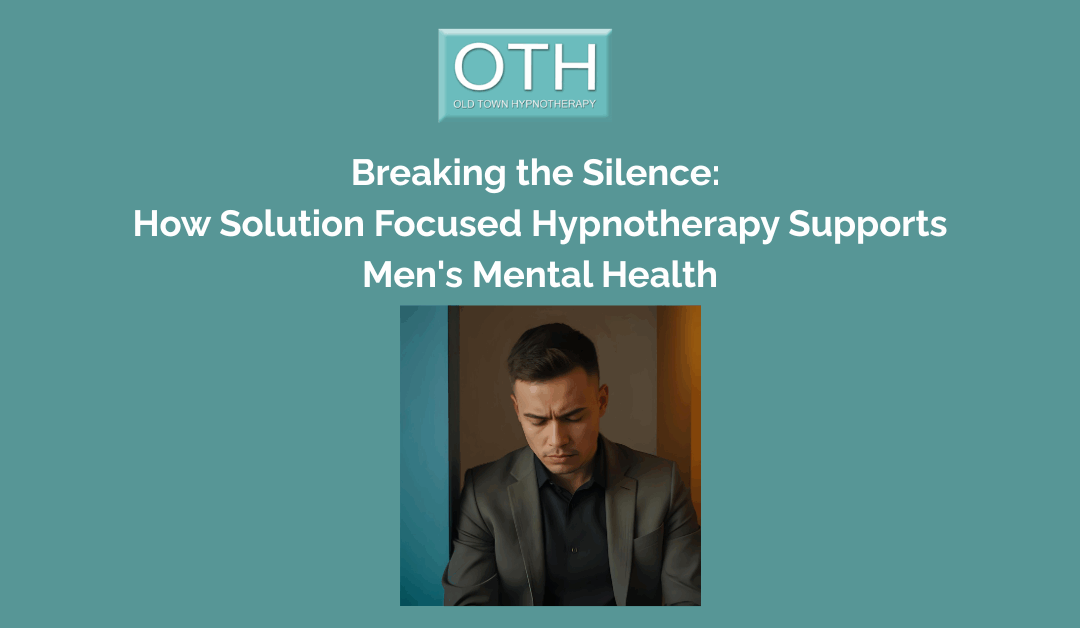
Breaking the Silence: How Solution Focused Hypnotherapy for Men Supports Men’s Mental Health
Discover how Solution Focused Hypnotherapy for Men effectively enhances men’s mental health by offering practical, stigma-free, and goal-oriented therapy that produces genuine results.
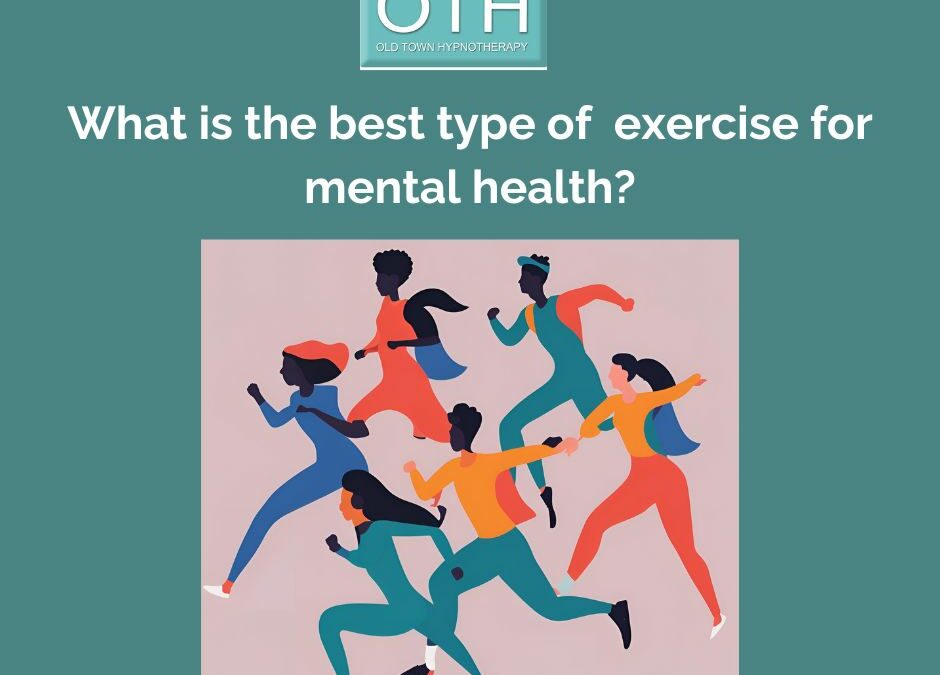
What is The Best Type of Exercise for Mental Health?
What is the Best Form of Exercise for Mental Health? We all know exercise is important for its physical benefits, in clinic we regularly discuss the significant impact exercise has on mental health too. Regular and enjoyable physical activity creates a powerful...
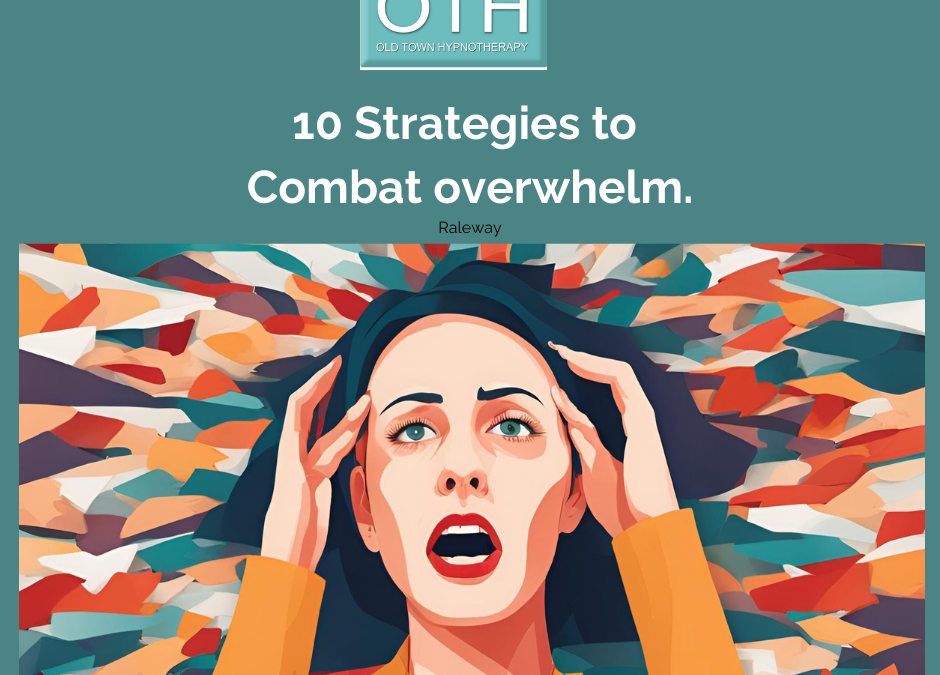
10 Strategies to Combat Overwhelm
10 Strategies to combat feelings of overwhelm As we enter the final few days before Christmas and the to do list grows, how do we recognise, and combat, feelings of overwhelm? What do we mean by Overwhelm? Overwhelm is a state of feeling emotionally or mentally...

12 Strategies and Tips to Combat Loneliness
12 Strategies and Tips to Combat Loneliness Loneliness is a feeling of isolation and disconnection that can affect people of all ages and backgrounds. It’s a universal human experience that, when prolonged, can lead to mental and physical health issues. Especially in...

6 Friendship Differences Between Men and Women
6 Friendships Differences Between Men and Women I think we can probably all agree that friendships play an essential role in our lives, Research suggests that people with more friends, or at least strong social connections, tend to live longer....

Sunlight and Mental Health
The importance of sunlight for a healthy mind.

Understanding Anxiety
Understanding the biological, psychological and environmental reasons that lead to anxiety disorders.
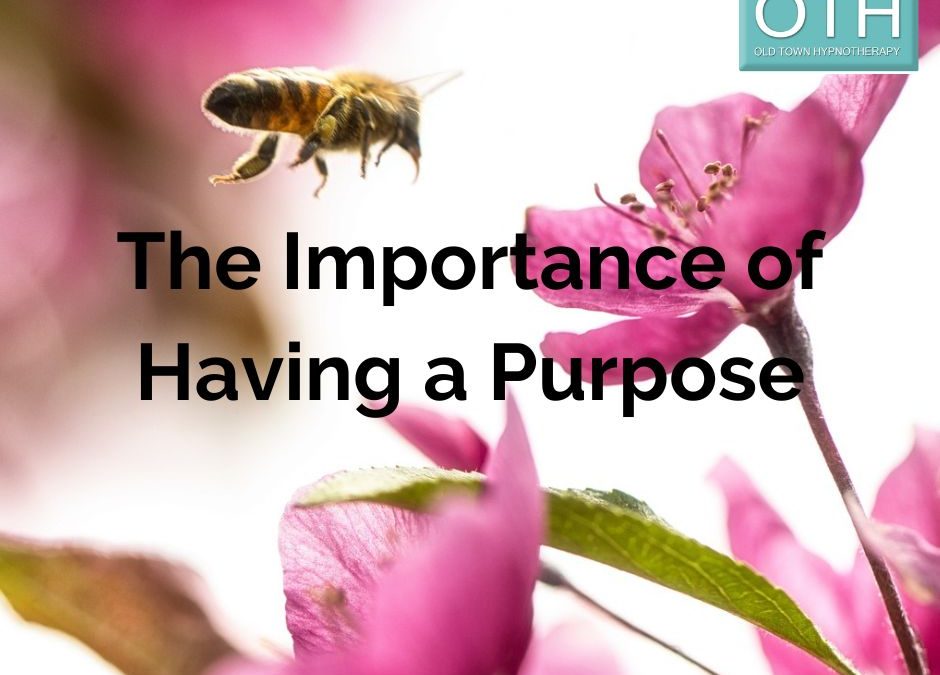
We may have heard that having a purpose in life is important. But what actually is a purpose? Why is having one important and how do we find one?
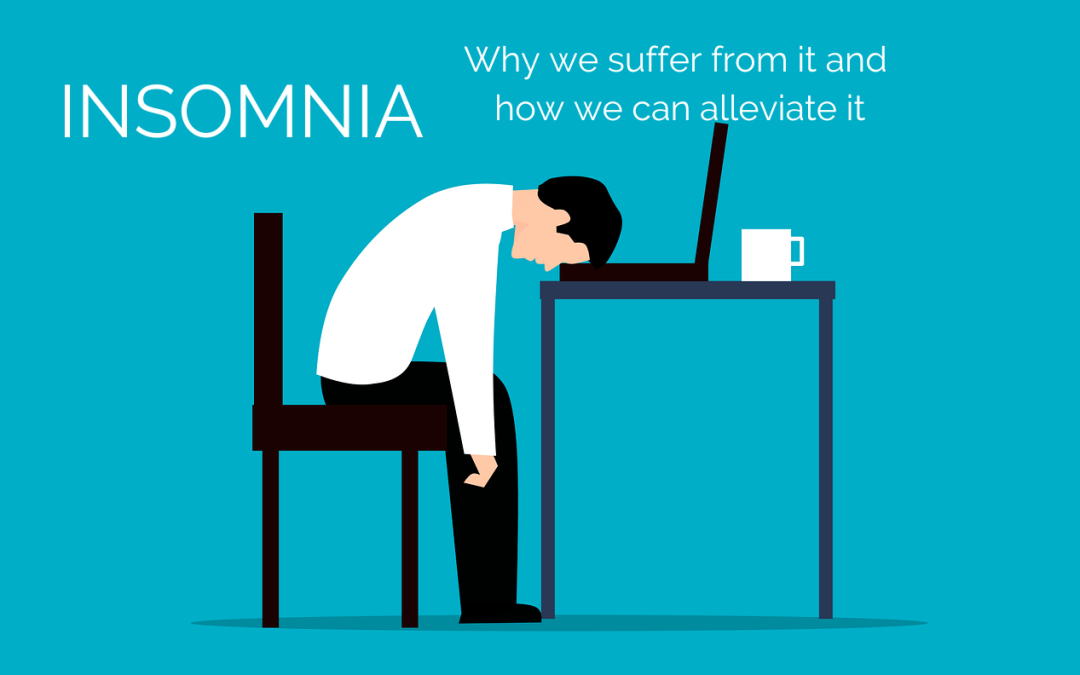
Insomnia – why we suffer from it and 6 ways to alleviate it.
Most of us have suffered from Insomnia at some point in our lives. Sleep is the foundation of our mental and physical wellbeing, we simply don’t function well without regular, healthy sleep. Understanding why we suffer from sleep disruption can help us to avoid it.
Disclaimer | Privacy Policy | Terms and Conditions
Copyright © OLD TOWN HYPNOTHERAPY 2016 All Rights Reserved


